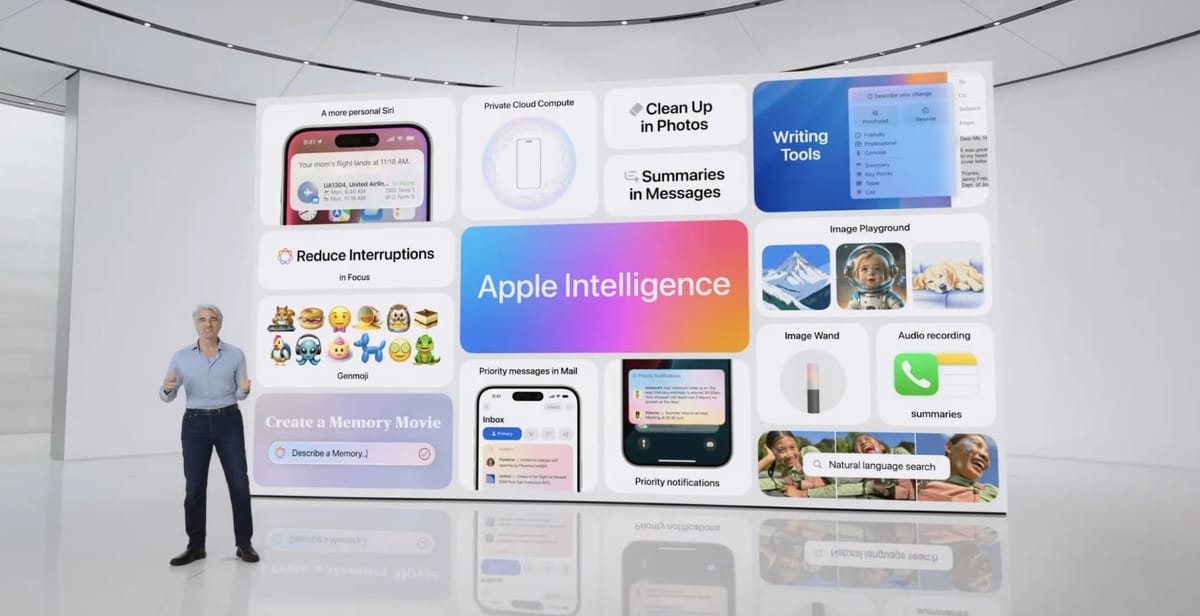A class action lawsuit filed against Apple alleges the company engaged in false advertising by promoting Apple Intelligence features that weren't actually available on iPhone 16 devices.
The suit, filed Wednesday in U.S. District Court in San Jose, claims Apple deliberately misled consumers with promises of transformative AI capabilities - particularly enhanced Siri functions - that drove purchases but remain undelivered.
Key Points:
- Plaintiff Peter Landsheft claims Apple created "unprecedented excitement" with AI features that "did not exist then and do not exist now"
- An ad featuring Bella Ramsey was pulled after consumer backlash.
- The suit comes as Apple reshuffles its AI leadership amid mounting internal doubts.
The suit seeks class-action status and damages on behalf of iPhone 16 purchasers who claim they've been misled by Apple's marketing. The complaint specifically targets the company's promotion of enhanced Siri capabilities that were showcased in advertisements but haven't been delivered.
"Apple's advertisements saturated the internet, television, and other airwaves to cultivate a clear and reasonable consumer expectation that these transformative features would be available upon the iPhone's release," states the complaint. "This drove unprecedented excitement in the market, even for Apple, as the company knew it would."
At the heart of the case is an advertising campaign featuring actress Bella Ramsey that demonstrated Siri's AI-powered personalization features - abilities that aren't currently functional. The complaint notes Apple has since pulled the ad from YouTube but "has failed to retract all the similarly false representations in the market."
Apple ran this iPhone 16 ad in September 2024 showing off the new AI Siri that understands personal context.
— Sam Kohl (@iupdate) March 7, 2025
It's now March 2025 and they just delayed the feature until sometime within the next year.
AI Siri is now an iPhone 17 feature that Apple promised for iPhone 16. pic.twitter.com/DnPnQonDgZ
The lawsuit arrives amid reports of turmoil in Apple's AI division. Bloomberg recently reported that CEO Tim Cook "has lost confidence in the ability of AI head John Giannandrea to execute on product development." Apple has also announced delays to the "more personalized" Siri until sometime next year, with some reports suggesting key features may not arrive until 2027.
This legal challenge underscores the growing pains companies face as they compete in the accelerating AI market. While competitors like Google and Samsung have integrated Google's Gemini AI into their devices, Apple appears caught between ambitious marketing promises and technical realities.
The Clarkson Law Firm, which previously sued Google and OpenAI over their AI practices, is seeking injunctive relief alongside monetary damages. The complaint claims Apple knew its promises "did not exist then and do not exist now" but proceeded with its marketing campaign anyway to drive sales of the new iPhone lineup.
This case highlights an increasingly relevant question for tech companies and startups: in the rush to claim AI capabilities, where's the line between ambitious roadmaps and false advertising?

